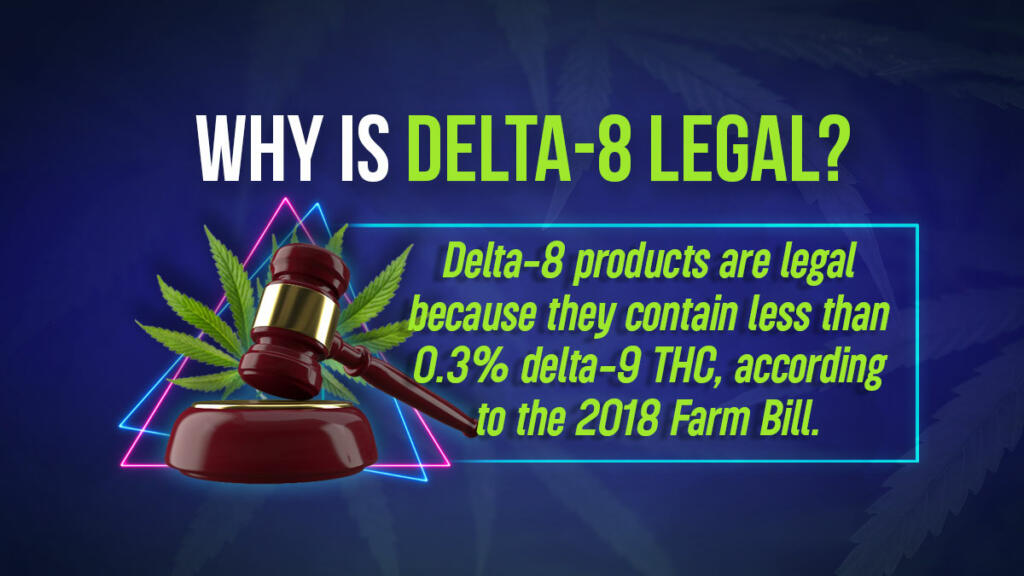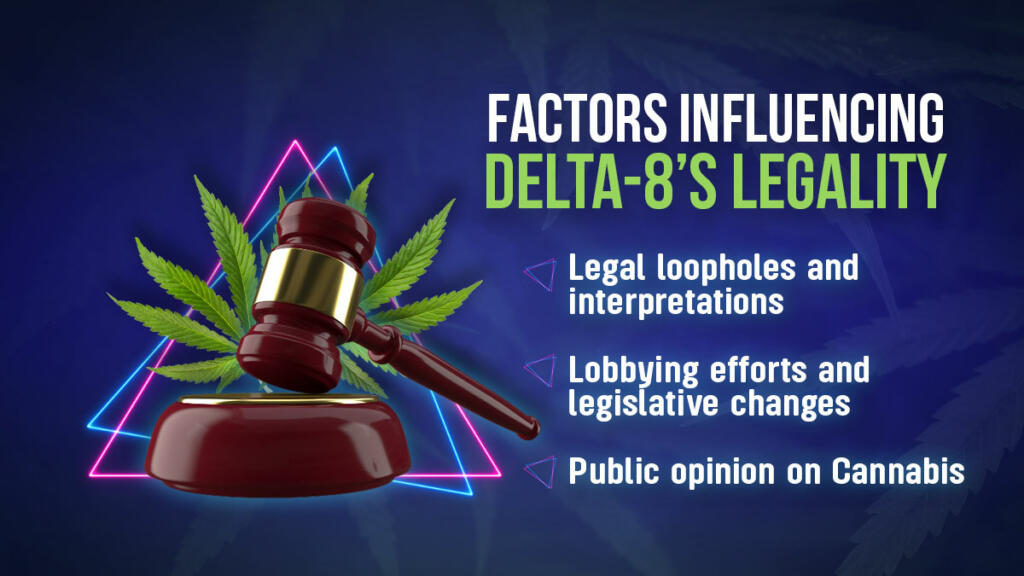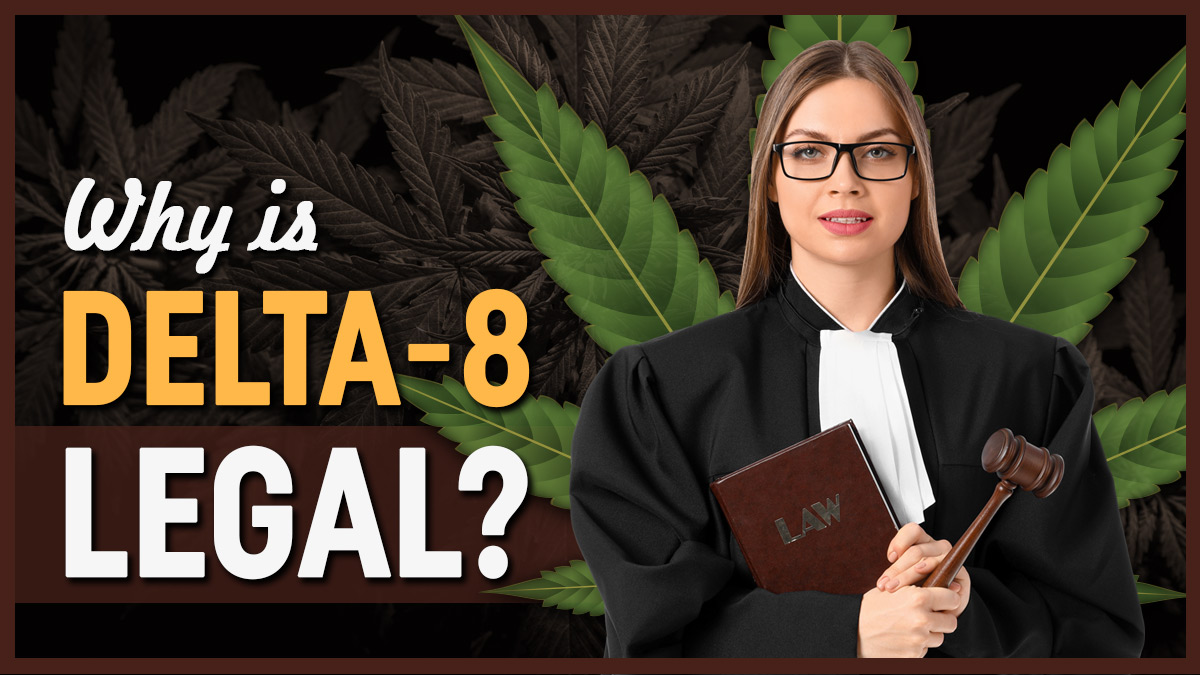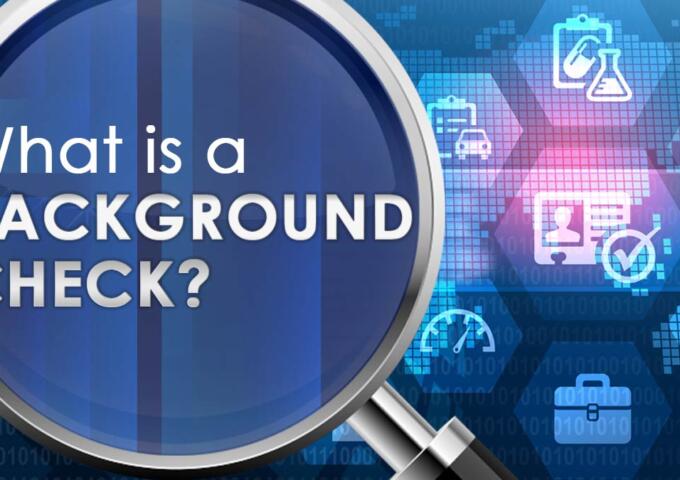The landscape of cannabis legality in the United States has undergone significant transformations in recent years, with the emergence of cannabinoids like Delta-8 THC sparking both curiosity and controversy.
This article delves into the intricacies of Delta-8 THC legality, exploring its legal status, the influence of federal and state regulations, and the perspectives of regulatory agencies.
From legal loopholes to public opinion, we’ll dissect the multifaceted factors shaping the current status of Delta-8 THC across the nation, and figure out why Delta-8 is legal in the US.
>>Check the best prices for Delta-8 products here
What Is Delta-8 THC?
Delta-8 THC, or delta-8-tetrahydrocannabinol, is a naturally occurring cannabinoid found in cannabis plants and cannabis-derived products like Delta 8 gummies.
It shares structural similarities with the more well-known Delta-9 THC, the primary psychoactive compound in marijuana.
However, Delta-8 THC is distinct in its effects, offering a milder psychoactive experience.
Legal Status of Delta-8 THC
The legal status of Delta-8 THC isn’t uniform across states, with each jurisdiction holding the authority to impose additional regulations.
Some states embrace its legality, aligning with the federal stance on hemp-derived products.
Conversely, others have implemented restrictions or outright bans, reflecting concerns about public health and safety. This patchwork of state regulations adds complexity to the overall legal status of Delta-8 THC.
As lawmakers grapple with the complexities of cannabis regulation, including Delta-8 THC, legislative changes are not uncommon.
Ongoing discussions and proposals at both federal and state levels may bring about new regulations or clarify existing ones.
While the 2018 Farm Bill provides a foundational framework, the interplay between federal and state regulations, industry practices, and enforcement challenges contributes to the complexity of Delta-8 THC’s legal standing [1].
>>Check the best prices for Delta-8 products here
Why Is Delta-8 Legal? – An Overview

The legalization of hemp-derived products, including Delta-8 THC, is rooted in the 2018 Farm Bill.
This legislative milestone marked a significant shift in the treatment of hemp, removing it from the Controlled Substances Act and allowing for the cultivation and sale of hemp-derived goods.
Delta-8 THC derived from hemp is often considered legal under this federal legislation, given it falls within the prescribed limit of 0.3% delta-9 THC.
Federal and state laws delineate various cannabinoids differently, posing a challenge in categorizing Delta-8 THC.
While some argue that its derivation from hemp aligns with federal definitions, others contend that its psychoactive nature places it in a regulatory gray area.
The lack of specific legislation addressing Delta-8 THC explicitly contributes to the ongoing debate regarding its legal standing.
State Regulations on Delta-8 THC
While federal law sets a broad framework, individual states retain the authority to impose additional regulations.
An in-depth look at state-specific rules regarding Delta-8 THC reveals a patchwork of varying approaches, with some states embracing its legality and others imposing restrictions.
In What States Is Delta-8 THC Legal?
A comprehensive list of states where Delta-8 THC is deemed legal, as of 2024, sheds light on the diverse regulatory landscape:
- Alabama
- Arizona
- Arkansas
- Connecticut
- Florida
- Hawaii
- Illinois
- Indiana
- Kansas
- Kentucky
- Maine
- Massachusetts
- Michigan
- Mississippi
- Missouri
- Nebraska
- New Hampshire
- New Jersey
- New Mexico
- North Carolina
- Ohio
- Oklahoma
- Pennsylvania
- Tennessee
- Texas
- Virginia
- Washington
- West Virginia
- Wisconsin
- Wyoming
In What States Is Delta-8 THC Illegal?
Equally important is recognizing the states where Delta-8 THC remains prohibited:
- Alaska
- Colorado
- Delaware
- Idaho
- Iowa
- Montana
- New York
- Nevada
- North Dakota
- Oregon
- Rhode Island
- Vermont
- Utah
- Washington
Delta 8 THC’s legality is unclear in the following states:
- Arizona
- California
- Minnesota
- Mississippi
>>Check the best prices for Delta-8 products here
FDA and DEA Perspectives on Delta-8 THC
The Food and Drug Administration (FDA) and the Drug Enforcement Administration (DEA) play pivotal roles in shaping cannabinoid regulations.
Their perspectives on Delta-8 THC have significant implications for the cannabinoid’s legal status and industry practices.
The FDA, responsible for protecting public health by ensuring the safety and efficacy of drugs, cosmetics, and food products, has expressed concerns about Delta-8 THC and has not yet approved Delta-8 THC for medicinal use.
One primary concern is the lack of comprehensive testing and quality control standards for Delta-8 THC products.
The DEA, responsible for enforcing the controlled substances laws and regulations of the United States, has maintained a watchful eye on cannabinoids, including Delta-8 THC.
The DEA has expressed concerns about the potential for diversion of hemp-derived cannabinoids, including Delta-8 THC, for illicit purposes.
Factors Influencing Delta-8’s Legality
The legal status of Delta-8 THC is not solely shaped by legislative decisions. External factors such as scientific research, economic considerations, and emerging trends in the cannabis market also influence its legality.

Legal Loopholes and Interpretations
As the industry grapples with the complexities of this cannabinoid, certain legal nuances and creative arguments have emerged:
- Delta-8 THC derived from hemp: – Proponents argue that if Delta-8 THC is derived from hemp, it falls under the purview of the 2018 Farm Bill, making Delta 8 THC oil legal as long as it contains less than 0.3% THC.
This interpretation rests on the distinction between hemp and marijuana, emphasizing the importance of the plant’s THC composition.
- Lack of specific legislation: The absence of explicit federal laws specifically addressing Delta-8 THC has created a legal gray area.
- Isomerization processes: Chemical processes like isomerization, which can convert CBD (cannabidiol) into Delta-8 THC, have also become focal points in discussions about legality. Some argue that if Delta-8 THC is derived from legal CBD, it should be considered legal.
- Agricultural Improvement Act of 2018 interpretations: The 2018 Farm Bill, while foundational for the hemp industry, does not explicitly mention Delta-8 THC.
Some contend that the bill’s silence on Delta-8 THC implies its legality, while others argue that the bill’s intent was to regulate hemp-derived products, not specific cannabinoids.
- State-specific variances: States may interpret and apply federal laws differently, leading to variations in Delta-8 THC legality. While some states expressly permit Delta-8 THC, others may impose restrictions or prohibitions.
- Legal definitions and semantics: Arguments about the exact wording of laws, the intent behind certain terms, and the scope of regulations all factor into how Delta-8 THC is perceived legally.
- Evolving regulatory guidance: The lack of rapid regulatory responses to the emergence of Delta-8 THC has allowed the industry to adapt and, in some cases, exploit gaps in guidance.
- Product labeling and marketing tactics: Some companies strategically label their products to comply with existing regulations while subtly marketing the psychoactive effects of Delta-8 THC.
>>Check the best prices for Delta-8 products here
Lobbying Efforts and Legislative Changes
The cannabis industry, including Delta-8 THC advocates, actively engages in lobbying efforts to influence legislative changes.
Exploring the impact of these endeavors provides a broader understanding of the dynamic nature of cannabinoid legality.
Public Opinion and Demand for Cannabinoid Alternatives
Public sentiment often plays a role in shaping cannabis policies. Analyzing the evolving attitudes toward cannabinoids, including Delta-8 THC, highlights the interconnectedness between consumer demand and legal frameworks.
There are several public opinion changes that affect the legality of Delta-8:
- Changing attitudes toward cannabis
- Perception of delta-8 thc as a milder alternative
- Therapeutic potential and wellness trends
- Desire for legal alternatives
- Cultural shifts and cannabis stigmatization
- Industry innovation and product diversity
- Internet and social media influence
The Controversy Surrounding Delta-8 THC Legality
The legal status of Delta-8 THC has become a focal point of controversy, reflecting the complex and evolving nature of cannabis regulation in the United States.
The controversies surrounding Delta-8 THC legality encompass a range of issues, from ambiguous regulations to concerns about public health and safety:
- Lack of clarity in legislation
- Psychoactive nature and public perception
- Regulatory challenges and enforcement
- Quality control and consumer safety
- Potential for misuse and diversion
- Conflicting state regulations
- Industry practices and ethical concerns call for legislative clarity
>>Check the best prices for Delta-8 products here
Why Is Delta-8 Legal: FAQs
Not only is the question “Why is Delta-8 legal?” a commonly asked one but there are several other questions that most people interested in the subject seem to have.
Below you will find short and complete answers to all frequently asked questions on the subject.
What Is Delta-8 and Why Is Delta-8 Legal?
Delta-8 THC is a cannabis-derived cannabinoid with milder psychoactive effects than delta-9 THC.
It’s legal because of the 2018 Farm Bill, which legalized hemp-derived products containing less than 0.3% delta-9 THC.
The ongoing debate and evolving regulations surround its interpretation at federal and state levels.
How Does Delta-8 Differ From Delta-9 THC in Terms of Legality?
Delta-8 THC differs from delta-9 THC in terms of legality primarily due to the 2018 Farm Bill.
While delta-9 THC is regulated more strictly, the Farm Bill legalized hemp-derived products, including those with delta-8 THC, as long as they contain less than 0.3% delta-9 THC.
This legal distinction is a key factor shaping the regulatory status of both cannabinoids.
Does the Legality of Delta-8 Vary From State to State?
Yes, the legality of Delta-8 THC varies from state to state. While some states permit it, others may have restrictions or consider it illegal.
The regulatory landscape for Delta-8 THC is not uniform across the United States, requiring individuals to be aware of specific state laws regarding its possession and use.
Is Delta-8 Legal if Derived From Hemp?
Yes, Delta-8 is generally considered legal if derived from hemp. The 2018 Farm Bill legalized hemp-derived products, including Delta-8 THC, as long as they contain less than 0.3% delta-9 THC. However, its legality remains subject to interpretation and specific state regulations.
How Can Consumers Ensure They Are Purchasing Legally Compliant Delta-8 Products?
Consumers can ensure they are purchasing legally compliant Delta-8 products by verifying the product’s source (hemp-derived), checking THC content below 0.3%, and purchasing from reputable and transparent Delta 8 brands like Delta Extrax who provide third-party lab test results for quality assurance.
Why Is Delta-8 Legal? – Final Verdict
While it’s legal in most states of the US as it is viewed as a hemp product and legal according to the 2018 Farm Bill, it’s still a complex and evolving subject.
The interplay between science, public opinion, and economic interests underscores the dynamic nature of cannabinoid legality, leaving the door open for ongoing debates and potential legislative changes.
As the cannabis industry continues to evolve, staying informed about the legal nuances of Delta-8 THC remains crucial for businesses, consumers, and policymakers alike.
>>Check the best prices for Delta-8 products here
References:
- Abernethy, Amy. “Hemp Production and the 2018 Farm Bill.” U.S. Food and Drug Administration, www.fda.gov/news-events/congressional-testimony/hemp-production-and-2018-farm-bill-07252019.






Leave a Reply